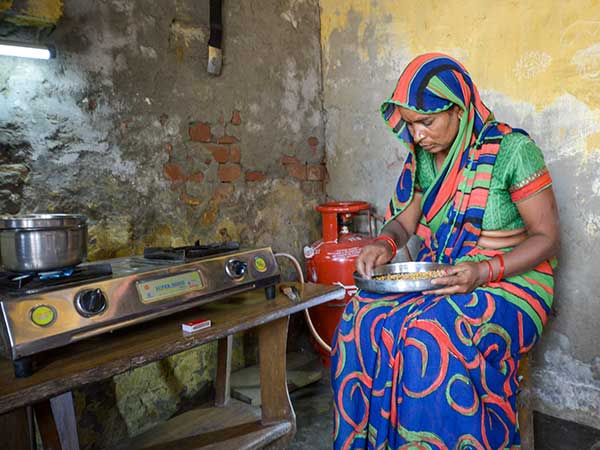Responding to shareholder demands and broad public pressure, international development banks backed by western economies are throwing their weight behind renewable energy projects in the developing world. Projects that would facilitate better distribution of gas, or accelerate electrification with readily available coal or gas are denied funding. But while policymakers in Europe, the United States, and other wealthy economies gain domestic political traction from opposing fossil fuels, their efforts to select growth paths for the developing world seem out of touch and condescending. Former Indian chief economic adviser Arvind Subramanian has called this anti-fossil fuel push “carbon imperialism,” and Indian Prime Minister Narendra Modi has complained of a new colonialism, in which the developed countries of the world, having used fossil fuels to achieve prosperity, now promote energy policies that would deny growth to countries like his own.

Without access to reliable electric power or liquid fuels, around three billion people worldwide use biomass (e.g., wood, charcoal, or crop waste) to cook and heat their homes. These highly polluting fuels—which, it should be noted, are renewable—remain in use partly because of the objections of foreigners to alternatives like LPG (liquefied petroleum gas) and coal- or gas-fired electric power grids, a deplorably out of touch way of thinking. The WHO estimated in 2018 that 3.8 million people—mostly women, children, and the elderly who spend disproportionate time indoors—die each year from respiratory illnesses and other diseases caused by indoor air pollution. Many of these “traditional fuels” require time-consuming collection, taking away from other uses of time such as education or wage-earning activities.
Continue reading ““Carbon Imperialism” and LPG”